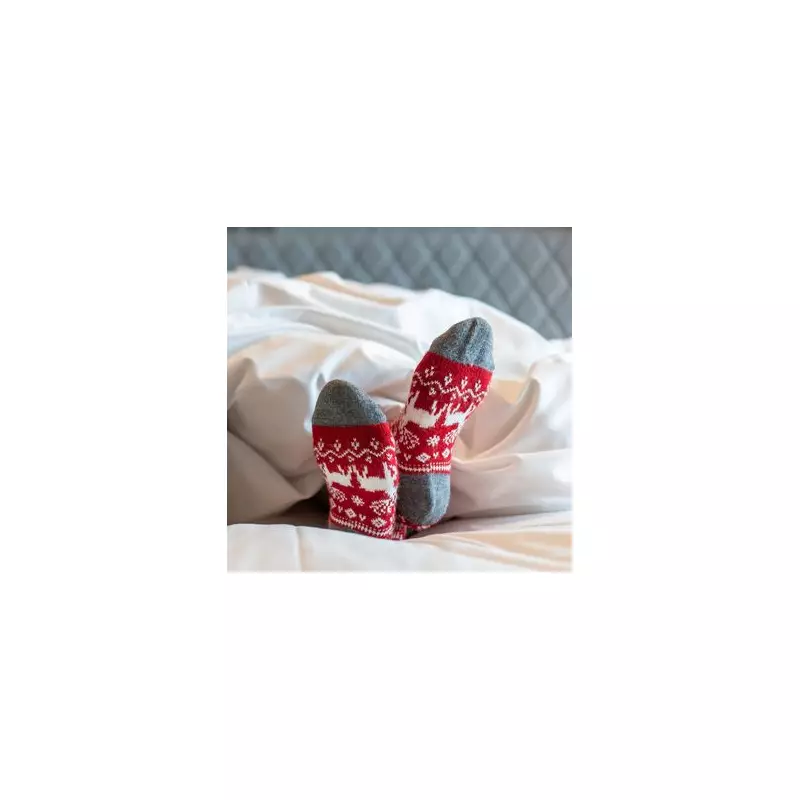
How often do you replace your mattress? If it's been more than seven years, a sleep expert has issued a stark and rather disgusting warning that might have you rushing to the shops.
According to a specialist from the renowned Sleep School, an old mattress becomes a breeding ground for a host of unwelcome guests. "Most people are completely unaware of what's building up inside their mattress over time," the expert revealed.
The Unseen Inhabitants of Your Bed
The primary culprit is the common dust mite. These microscopic creatures thrive in the warm, humid environment of a used mattress, feeding on the dead skin cells we shed every night. An average mattress can eventually be home to millions of these mites and their allergenic waste.
But that's not all. Over the years, your mattress also accumulates a significant amount of:
- Dead skin cells: Humans shed millions of skin cells every day, many of which end up embedded in the mattress.
- Body oils and sweat: These create the perfect damp environment for mites and mould to flourish.
- Dust and allergens: Which can exacerbate allergies, asthma, and other respiratory issues.
The Health Implications of an Old Mattress
Sleeping on an old mattress isn't just a matter of discomfort; it can have genuine consequences for your wellbeing. The build-up of allergens can lead to poor sleep quality, morning allergies, and skin irritations. For those with asthma, it can significantly worsen symptoms.
Furthermore, an ageing mattress loses its supportive qualities, which can result in poor spinal alignment and lead to chronic back pain, neck stiffness, and restless nights.
When Should You Replace Your Mattress?
While the seven-year rule is a strong guideline, the expert advises that the real signs you need a new mattress are often more immediate:
- You wake up with stiffness or aches.
- You notice visible sagging or lumps.
- You sleep better in other beds (like a hotel).
- Your allergies seem worse at night or first thing in the morning.
Investing in a new mattress isn't just about comfort—it's a crucial investment in your health and hygiene. Ensuring you replace it every seven to eight years is a simple step towards a cleaner, healthier, and more restful night's sleep.





